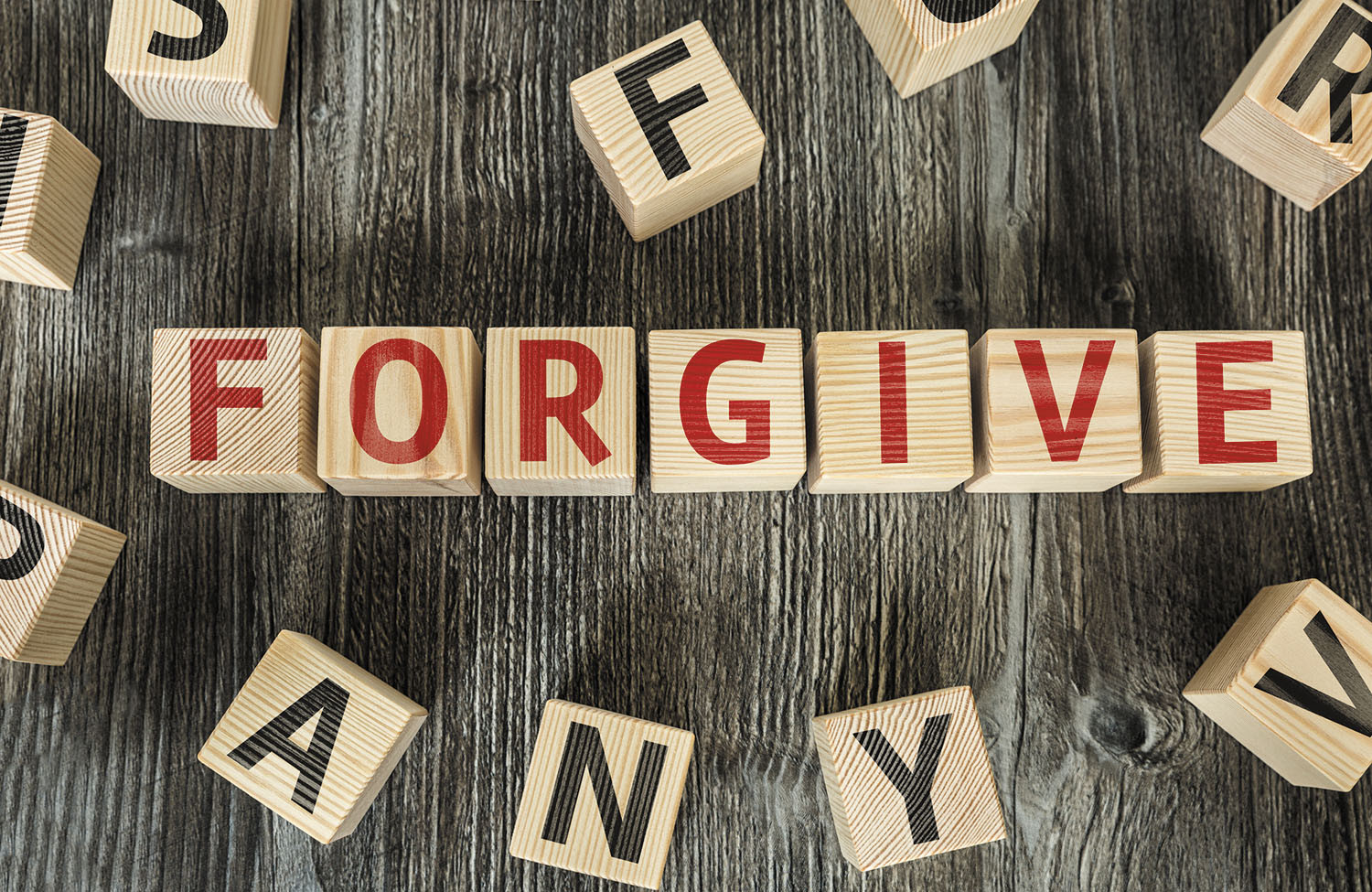How to Take the First Step with Steps to Forgive Someone Who Has Wronged You
How to Take the First Step with Steps to Forgive Someone Who Has Wronged You
Blog Article
Understanding the Relevance of Mercy in Healing Relationships
Forgiveness is usually seen as a basic act of allowing go, yet its significance in healing connections prolongs much past mere absolution. What remains to be discovered is the profound effect mercy can have on specific development and communal harmony.
The Definition of Forgiveness
Although forgiveness is typically regarded as a straightforward act of releasing, its definition encompasses a complex interplay of emotional and mental processes. At its core, forgiveness is the conscious decision to launch sensations of bitterness or revenge towards a private or group that has triggered damage. This process is not merely about absolving the offender; rather, it involves a profound emotional change that can result in personal growth and recovery.
Mercy is diverse, commonly defined by an individual's internal battle to integrate their discomfort with the wish for peace. It calls for identifying the misdoings committed, processing the connected feelings, and inevitably deciding to move ahead without the worry of bitterness. This selection often requires a cognitive change, where one reframes their understanding of the wrongdoer and the disobedience, enabling compassion and recognizing to emerge.
Importantly, mercy does not suggest pardoning the habits or failing to remember the crime; it is an intentional act that prioritizes psychological wellness. By specifying mercy in this manner, we can value its role in helping with much healthier connections and fostering emotional resilience, establishing the stage for much deeper exploration right into its benefits.
Psychological Benefits of Mercy
Forgiveness uses significant psychological advantages that can exceptionally influence an individual's psychological health and general wellness. When an individual chooses to forgive, they proactively release feelings of bitterness, anger, and anger, which can otherwise produce a hefty emotional concern. This launch frequently causes a decrease in stress and stress and anxiety, advertising a feeling of tranquility and psychological stability.
Furthermore, forgiveness promotes a raised capacity for empathy and compassion. By comprehending the viewpoint of the offender, individuals can cultivate a deeper emotional durability, which improves their capacity to deal with future challenges. This process not only improves emotional policy however additionally adds to an extra favorable expectation on life.
Additionally, forgiving others can strengthen one's self-esteem and self-worth. It allows individuals to reclaim their personal power, breaking without the negative cycles of victimhood - The importance of forgiveness. This newfound empowerment can lead to much healthier psychological feedbacks and more powerful social partnerships
Mercy vs. Reconciliation
The distinction between mercy and settlement is crucial in understanding the characteristics of recovery relationships. Mercy is an inner process wherein an individual picks to allow go of animosity and unfavorable feelings towards a person that has triggered damage. It is mainly a personal journey, concentrated on Discover More Here psychological release and self-healing, allowing one to move on without lugging the problem of past grievances.
In contrast, reconciliation involves rebuilding and recovering the partnership to a state of trust fund and shared respect. This procedure commonly needs open interaction, active engagement from both celebrations, and a dedication to attending to the underlying concerns that caused the problem. While forgiveness can take place independently, settlement necessitates the desire of both individuals to participate in discussion and pursue a common understanding.
It is necessary to keep in mind that mercy does not always cause settlement. A person might forgive one more without deciding to recover the connection, specifically if trust has been irrevocably harmed or if the partnership is deemed undesirable. Comprehending this difference allows individuals to navigate their feelings properly and make informed decisions regarding their connections.
Actions to Grow Mercy
Cultivating forgiveness is a calculated procedure that entails numerous key steps aimed at assisting in psychological recovery. The initial step is acknowledging the pain triggered by the violation. Acknowledging one's sensations is crucial, as it permits people to refine their feelings truly.
Following, reviewing the incident and understanding its impact can provide clarity. This reflection should consist of examining the inspirations behind the offender's activities and identifying that everyone is fallible.
The 3rd action involves making a conscious decision to forgive. This choice is crucial, as it signifies a willingness to allow go of resentment and relocate onward.
Consequently, revealing feelings in a constructive fashion can be beneficial - The importance of forgiveness. Whether via journaling, chatting with a trusted buddy, or seeking treatment, expression of emotions can aid in the mercy trip
Real-Life Examples of Mercy

In another example, a close-knit group of friends faced a considerable break after one participant unintentionally shared an exclusive key. As opposed to harboring resentment, the affected buddy chose to forgive, comprehending the significance of valuing the friendship over the mistake. This decision encouraged open dialogue and inevitably reinforced more their link.
Conclusion
In conclusion, mercy plays a crucial role in the healing of connections by promoting the release of negative emotions and promoting compassion. By identifying between forgiveness and reconciliation, individuals can engage in a useful procedure that boosts psychological well-being.

Report this page